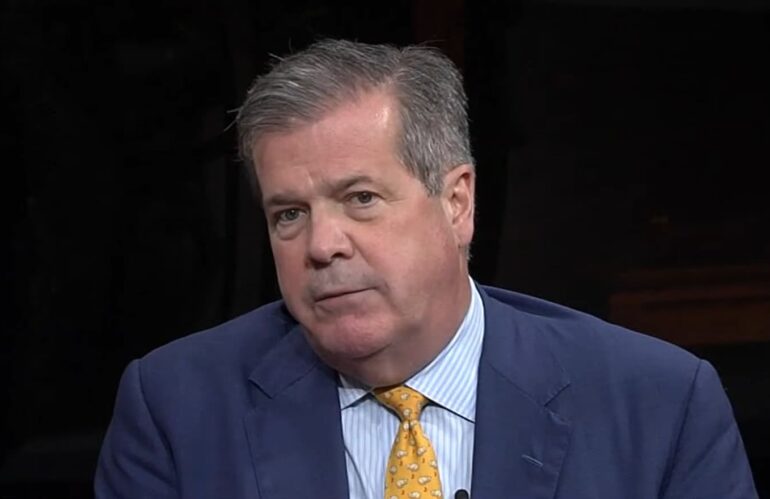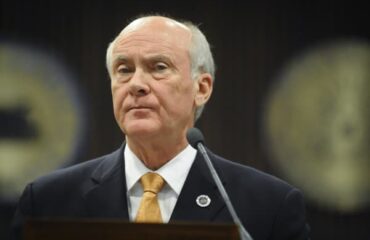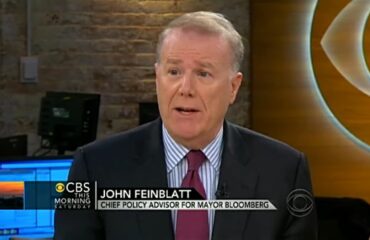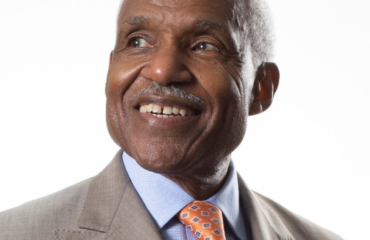Karl Dean’s era as the sixth leader of Nashville and Davidson County’s metropolitan government brought about a significant era of growth and innovation for the city. His leadership, spanning from his initial election on September 11, 2007, to a successful re-election on August 4, 2011, marked a dynamic period of change and progress for Nashville.
National Recognition and Initiatives
Under the guidance of Dean, Nashville transformed into a city celebrated across the nation. It earned accolades as a burgeoning “Boomtown,” was celebrated for its robust job market, and affectionately became known as the “It” City. Dean’s dedication to improving the city’s charm and quality of life manifested in numerous projects, including substantial investments in the realms of education and public safety, as well as the creation and enhancement of parks and green spaces.
Career Path and Public Service
Karl Dean’s path to the mayor’s office was rooted in a long-standing commitment to public service.
- His political career was initiated with his election as Nashville’s Public Defender in 1990, a position he was honored to hold again in 1994 and 1998;
- Following these terms, he assumed the role of Metro Law Director, a position he held from 1999 until January 2007;
- Dean’s decision to resign from this role to run for mayor was driven by his ambition to further serve and shape the city of Nashville.
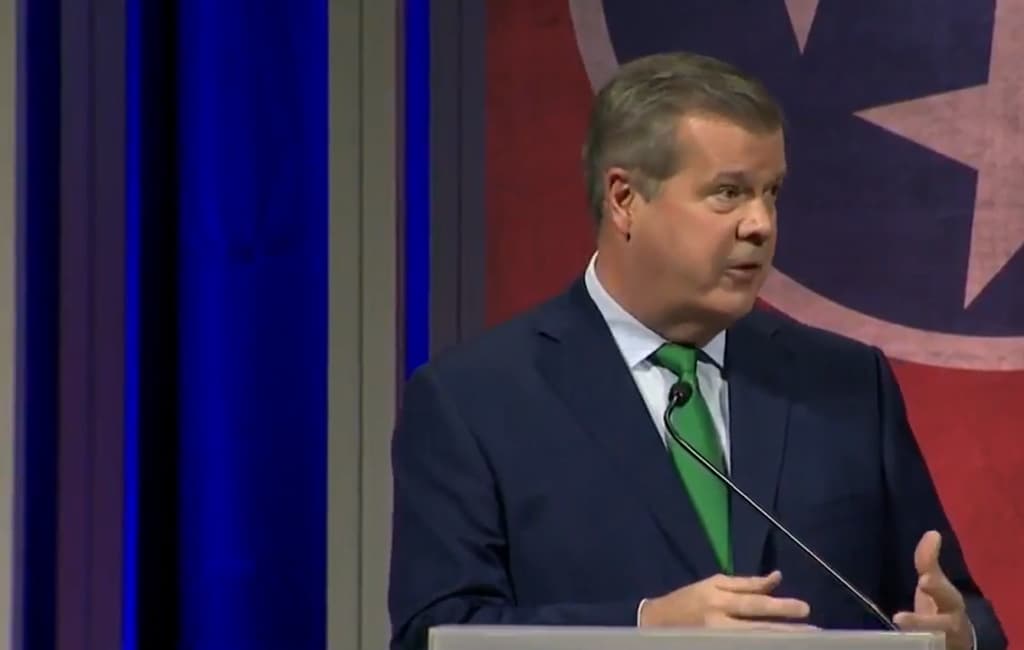
Impact on Nashville’s Growth
Dean’s leadership played a pivotal role in positioning Nashville for strategic economic growth, emphasizing the city’s affordability, high quality of life, and talented workforce. These efforts have laid the groundwork for Nashville’s continued prosperity, benefitting both current residents and future generations.
Post-Mayoral Career
After concluding his mayoral duties in September 2015, Karl Dean transitioned to academia. He joined Belmont University as a distinguished visiting professor of history and political science. Furthermore, he is set to make an impact at Boston University as the first “Initiative on Cities Mayor in Residence” during the spring. In this capacity, he aims to bridge the academic study of cities with practical urban governance. Additionally, Dean will contribute to Boston University’s Department of Political Science as a Visiting Professor, focusing on urban studies.
Conclusion
Karl Dean’s exemplary career in public service showcases his commitment to improving the lives of citizens, and his role as Nashville’s mayor marked a transformative period in the city’s history. Since leaving office, he has continued to contribute to society, sharing his knowledge and experience with the new generation in academia, thereby shaping future leaders in public service.
